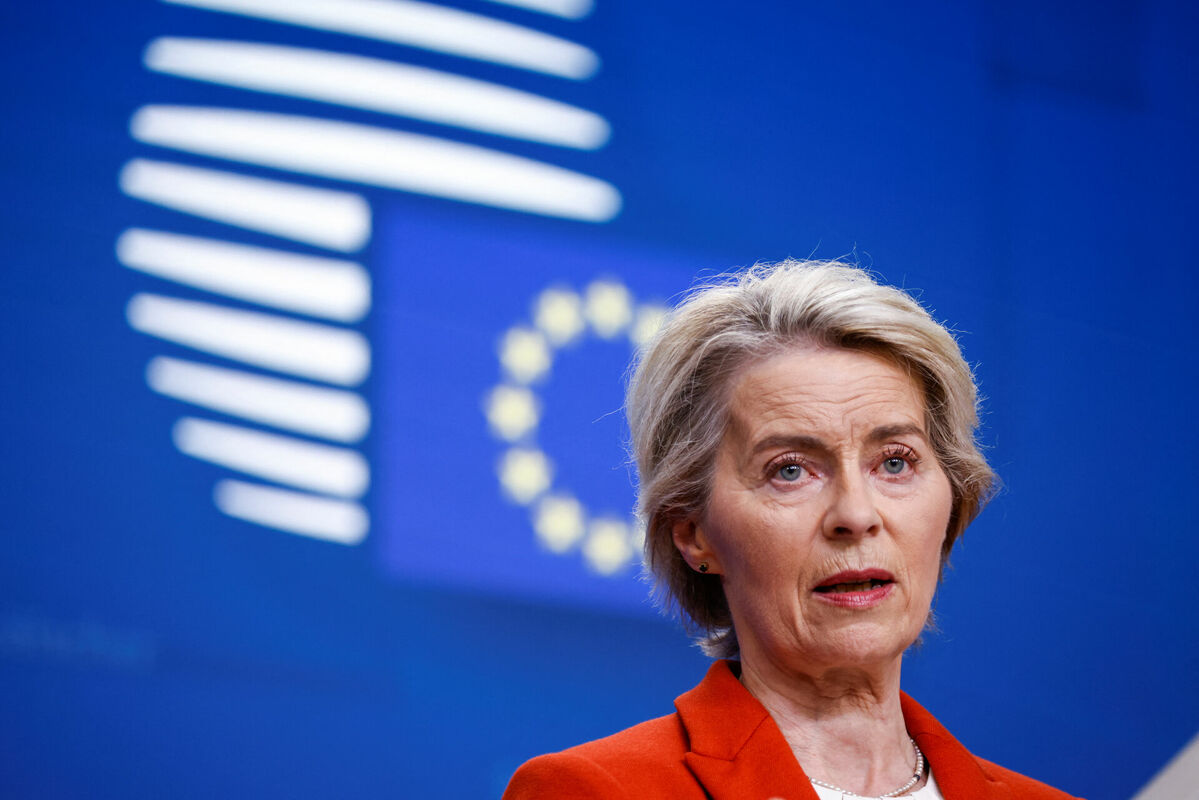Apple Faces New Demands to Sell iPhone 16 in Indonesia
Indonesia has laid out new conditions for tech giant Apple to sell its iPhone 16 within the country: a hefty USD 1 billion investment. This ultimatum came from Minister of Investment Rosan Perkasa Roeslani during a recent parliamentary session.
## A Quest for Economic Justice
Rosan has revealed that the government’s insistence on substantial investment doesn’t stem from a desire to hinder Apple’s entry into the Indonesian market.
“We want fairness,” he emphasized, highlighting that the government wants to ensure that while Apple benefits from the Indonesian market, it contributes significantly to the nation’s economic development. This emphasizes Indonesia’s focus on achieving economic justice.
Rosan clarifies that he is turning this demand into a written proposal to submit to the Ministry of Industry.
The clock is ticking. The Minister is expecting a response from Apple by the end of the week.
## Including Local Industry
Beyond financial commitment, Indonesian government emphasizes its desire for Apple to integrate local industries into its global supply chains.
Roeslani urges the tech giant to “Invest here, create jobs here.” He emphasizes the concept of the global value chain. It’s not just about Apple setting up shop and manufacturing phones locally. It’s about the entire ecosystem – suppliers, businesses, and skilled workforce – experiencing the benefits of having Apple operate within the country.
Previously, Apple offered an investment of USD 100 million for a components factory in Bandung. While seemingly substantial, the Indonesian government deemed it insufficient given the significant potential and the government’s commitment to national economic growth reaching 7-8%.
It’s an ambitious target for Indonesia, with Apple potentially playing a pivotal role in achieving it. Roeslani envisions the tech giant not exclusively tapping into the vast Indonesian market but becoming a catalyst for new jobs and fostering growth within the burgeoning Indonesian tech sector.
## A Sales Ban and Negotiated Agreements
The proposed investment comes amid a sales ban slapped on the iPhone 16 in Indonesia due to regulations requiring at least 35% domestic components in electronics sold within the country.
Currently, negotiations Lolita between Apple and the Ministry of Industry are ongoing. Apple has a deadline. It must obtain the mandatory Domestic Component Level (TKDN) certification to get its iPhones onto Indonesian store shelves.
The stakes are high. Apple is facing a significant opportunity in Indonesia, a vast and vibrant market with a young population embracing technology at a rapid pace.
What are the potential long-term consequences for Apple if they refuse to meet Indonesia’s demands?
## Apple’s Indonesian Dilemma: A Billion Dollar Price Tag?
**Interviewer:** Joining us today is economist and policy specialist Dr. Amelia Chandra, to discuss the recent developments surrounding Apple’s foray into the Indonesian market. Dr. Chandra, Indonesia has shocked many by demanding a billion-dollar investment from Apple in exchange for permission to sell the iPhone 16. What are your thoughts on this bold move?
**Dr. Chandra:** This is certainly a bold move, and it reflects Indonesia’s growing assertiveness on the global stage. While it might seem like a high price to pay, Minister Rosan’s emphasis on “economic justice” suggests this isn’t simply about extracting money from Apple. The government is keen to ensure that foreign companies contribute significantly to Indonesia’s economic growth, not just profit from its market.
**Interviewer:** But is this realistic? Can Apple be expected to commit such a large sum just to sell a new iPhone model?
**Dr. Chandra:** It’s a tough call. Apple is undoubtedly a giant, but a billion dollars is a considerable investment. However, Indonesia is a lucrative market with a young and tech-savvy population. Apple wouldn’t want to miss out on that. I believe negotiations will be intense, but a compromise might be reached.
**Interviewer:** What kind of compromises could we see?
**Dr. Chandra:** Perhaps the Indonesian government could focus on specific areas where Apple’s investment would be most beneficial. This could involve setting up manufacturing facilities, developing local talent through training programs, or even investing in infrastructure projects.
**Interviewer:** What are the potential implications if Apple refuses to meet these demands?
**Dr. Chandra:** This could set a precedent, sending a message that Indonesia is serious about its economic goals. Other multinational corporations might be hesitant to enter the Indonesian market if faced with such high demands. This could ultimately hurt Indonesia’s long-term economic growth.
**Interviewer:** Time is of the essence. Do you think we’ll see a quick resolution to this standoff?
**Dr. Chandra:** This isn’t a simple issue, and it’s unlikely to be resolved overnight. Both sides have strong positions, and negotiations will likely be complex and lengthy. Ultimately, the outcome will depend on the willingness of both Apple and the Indonesian government to find common ground.
**Interviewer:** Dr. Chandra, thank you for shedding light on this complex situation.



